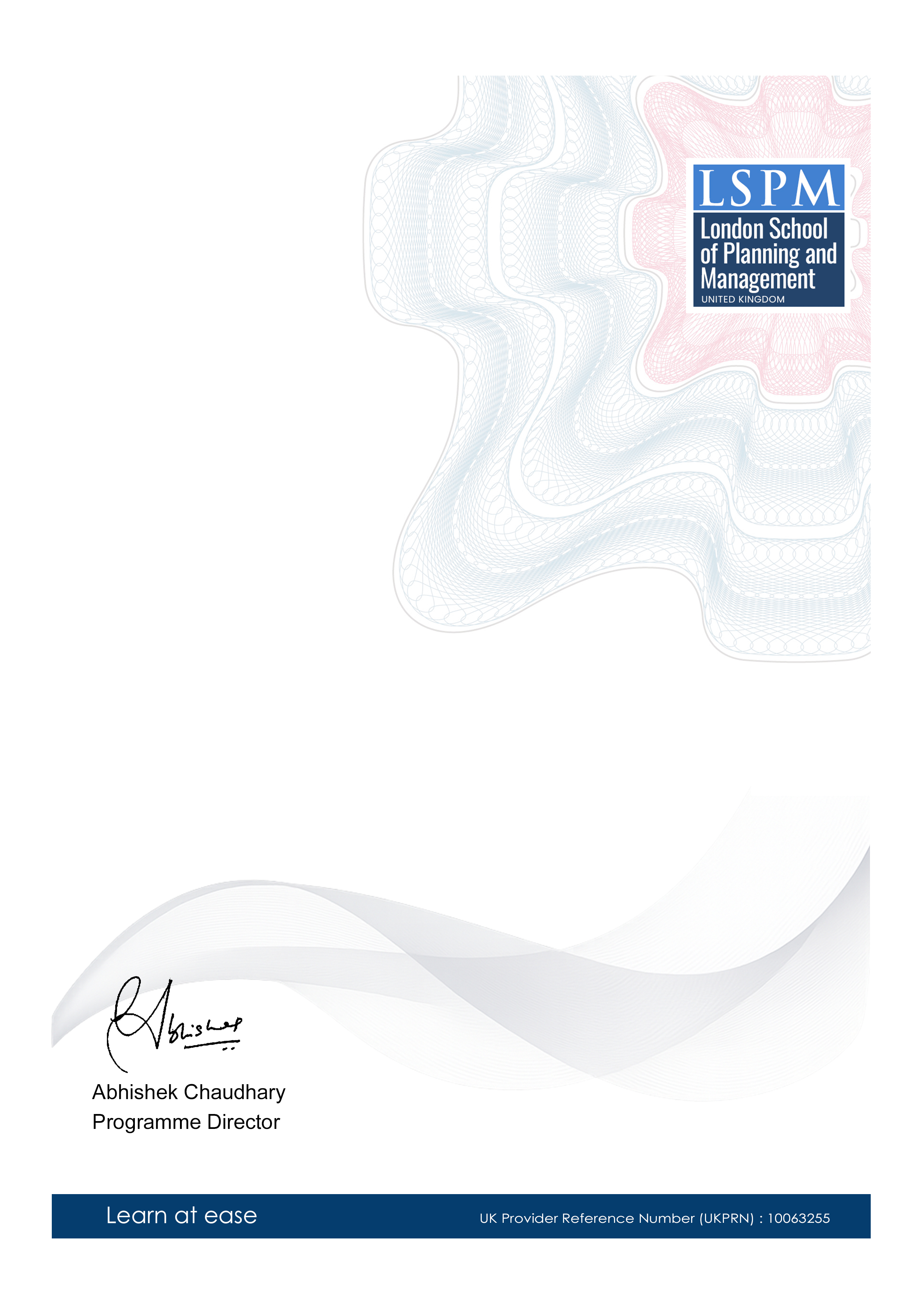Masterclass Certificate in Digital Humanities Data Retrieval
-- viewing nowThe Masterclass Certificate in Digital Humanities Data Retrieval is a comprehensive course designed to equip learners with essential skills in data retrieval and analysis for the digital humanities industry. This course is crucial in a time where digital tools and technologies are increasingly being used to preserve, study, and present cultural artifacts and historical data.
5,346+
Students enrolled
GBP £ 149
GBP £ 215
Save 44% with our special offer
About this course
100% online
Learn from anywhere
Shareable certificate
Add to your LinkedIn profile
2 months to complete
at 2-3 hours a week
Start anytime
No waiting period
Course details
• Unit 1: Introduction to Digital Humanities Data Retrieval
• Unit 2: Data Mining Techniques
• Unit 3: Text Analysis and Natural Language Processing
• Unit 4: Data Visualization and Interpretation
• Unit 5: Metadata Standards and Best Practices
• Unit 6: Data Management and Curation
• Unit 7: Ethical Considerations in Digital Humanities Research
• Unit 8: Advanced Data Retrieval Techniques
• Unit 9: Case Studies in Digital Humanities Data Retrieval
• Unit 10: Best Practices for Digital Humanities Data Retrieval Projects
Career path
Entry requirements
- Basic understanding of the subject matter
- Proficiency in English language
- Computer and internet access
- Basic computer skills
- Dedication to complete the course
No prior formal qualifications required. Course designed for accessibility.
Course status
This course provides practical knowledge and skills for professional development. It is:
- Not accredited by a recognized body
- Not regulated by an authorized institution
- Complementary to formal qualifications
You'll receive a certificate of completion upon successfully finishing the course.
Why people choose us for their career
Loading reviews...
Frequently Asked Questions
Course fee
- 3-4 hours per week
- Early certificate delivery
- Open enrollment - start anytime
- 2-3 hours per week
- Regular certificate delivery
- Open enrollment - start anytime
- Full course access
- Digital certificate
- Course materials
Get course information
Earn a career certificate

